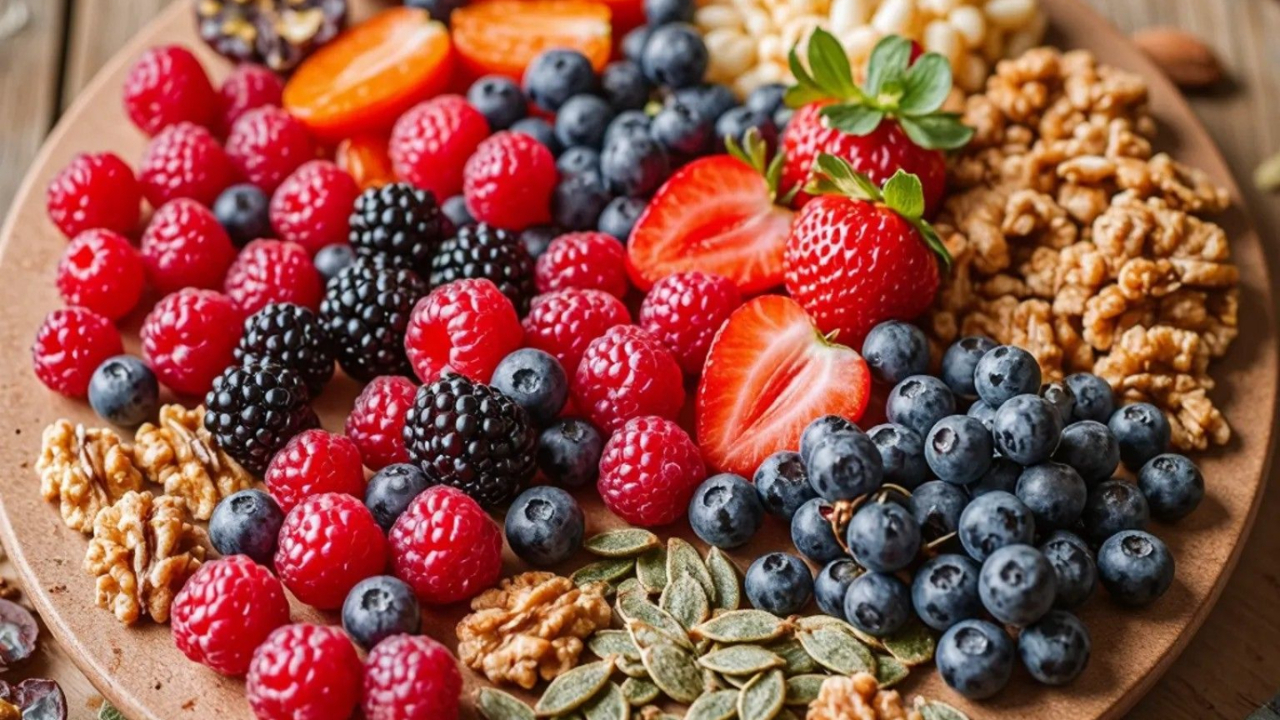How Your Gut Microbiome Shapes Your Health — and What You Can Do About It
May 13, 2025
Why do people keep harping on about the microbiome?
What if the key to better health, more energy, and even improved mood wasn't found in a supplement or a gym, but in the trillions of microbes living in your gut? The science is clear: your gut microbiome — the diverse ecosystem of bacteria, fungi, and other microbes in your digestive tract — plays a central role in your overall health. And the best part? You can change it.
What the Research Tells Us
Over the past decade, scientific understanding of the gut microbiome has exploded. Researchers have found that the gut microbiota isn't just involved in digestion — it affects everything from metabolism to immunity to mental health.
Some striking examples:
-
In a famous experiment, scientists transferred gut microbes from obese mice into lean mice. The lean mice, without changing their diet, quickly gained weight — just from the altered microbiome.
-
Emerging studies show that gut bacteria can influence social behaviour in animals — and potentially in humans too.
-
There’s growing evidence that Parkinson’s disease may begin in the gut, with early changes in the microbiome preceding neurological symptoms by years.
-
Conditions like chronic inflammation, type 2 diabetes, and metabolic syndrome are increasingly being recognised as “diseases of the microbiome.”
The Good News: You Can Shift Your Microbiome
One of the most exciting findings from large-scale research projects like the American Gut Project is that a more diverse microbiome is linked to better health and longer health-span — the number of years we live in good health.
And what’s the single biggest factor influencing microbiome diversity?
Dietary variety — especially plant-based foods.
People who eat 30 or more different types of plants per week (including fruits, vegetables, herbs, whole grains, legumes, nuts, and seeds) consistently have more diverse and resilient gut microbiomes than those who eat fewer.
In contrast, most people in the UK and other Western countries eat around 10–15 different plants per week — often with very low fibre intake.
What’s Getting in the Way?
Time. Budget. Confusion.
These are the real-life barriers to better gut health. Many people want to eat better but feel overwhelmed, priced out, or unsure where to start. That's why I started Gut Science Wellness — to make the science practical, affordable, and doable in everyday life.
This Blog is for You
Whether you're just getting started or already reading labels and soaking lentils, this space is here to help you understand the “why” and the “how” of gut health. I’ll be sharing science-backed, budget-friendly tips, easy recipes, and empowering insights to help you build a healthier gut — one meal at a time.
Download our FREE 'The Budget Friendly Guide to Reducing Ultra Processed Foods' eBook and learn how to start to reduce UPF.



